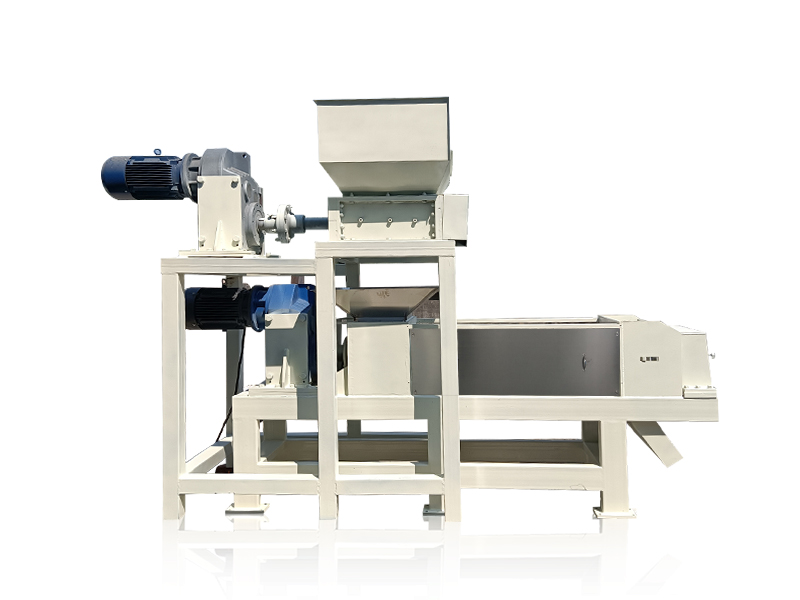Industry news
Revolutionizing Sustainable Practices with Waste Vegetable Dehydrator Machines

Introduction:
In the pursuit of sustainable living and environmental conservation, innovative technologies continue to emerge. One such groundbreaking invention is the waste vegetable dehydrator machine, a marvel that addresses both food waste and energy efficiency. This article delves into the workings, benefits, and potential impact of these machines on our quest for a greener planet.
The Need for Waste Reduction:
Food waste is a global concern, with a significant portion originating from vegetable scraps and peels. Traditional disposal methods contribute to landfills and generate harmful greenhouse gases. The waste vegetable dehydrator machine aims to transform this scenario by providing an eco-friendly solution for handling vegetable waste.
How Waste Vegetable Dehydrator Machines Work:
These machines employ advanced dehydration technology to process vegetable scraps. The process involves removing moisture from the waste, significantly reducing its volume and weight. The dehydrated material can then be utilized for various purposes, such as composting or converting into nutrient-rich powders.
Benefits of Waste Vegetable Dehydrator Machines:
Reduction of Landfill Waste: By minimizing the volume of vegetable scraps, these machines contribute to a substantial reduction in landfill waste, mitigating the environmental impact.
Energy Efficiency: Dehydrator machines are designed to operate with energy efficiency in mind. The dehydration process consumes less energy compared to traditional waste disposal methods.
Versatile Output: The dehydrated vegetable material can be repurposed as organic fertilizers, animal feed, or even converted into powders for culinary use, providing multiple avenues for sustainable utilization.
Cost Savings: Businesses and households can benefit from cost savings as waste disposal expenses are reduced. The dehydrated output can be a valuable resource for various applications, creating a potential revenue stream.
Contribution to Circular Economy: Waste vegetable dehydrator machines align with the principles of a circular economy by closing the loop on waste generation. The processed material can be reintegrated into the production cycle, promoting a more sustainable and circular approach.
Potential Impact on Agriculture and Industry:
As waste vegetable dehydrator machines become more widespread, their impact on agriculture and various industries is poised to be significant. The availability of nutrient-rich, dehydrated vegetable material can enhance soil quality, fostering sustainable agricultural practices. Industries, too, can explore innovative uses for the processed material, promoting a circular and eco-friendly approach to production.
Conclusion:
The waste vegetable dehydrator machine represents a promising solution to the global challenge of food waste. Its ability to transform vegetable scraps into valuable resources aligns with the principles of sustainability and environmental conservation. As these machines gain traction, they have the potential to revolutionize waste management practices and contribute to a greener, more sustainable future.
Recommend
- Revolutionizing Agriculture with Straw Dewatering Machines2024-01-25
- Revolutionizing Dewatering Processes with Plastic Film Dewatering Machines2024-01-25
- The Rising Trend of Marijuana Water Removal Appliances2024-01-24
- Revolutionizing Cannabis Processing: The Role of Dehydration Machines in the Industry2024-01-24
- Revolutionizing Industry: The Modern Hemp Fiber Extraction Machine2024-01-23
NEWS
NEWS
Contact us
QQ:1272370381
Mob:+86 13053656336
TEL:+86 15684339888
Email:chuantaiscrewpress@gmail.com
ADD:Weifang City, Shandong Province,China
